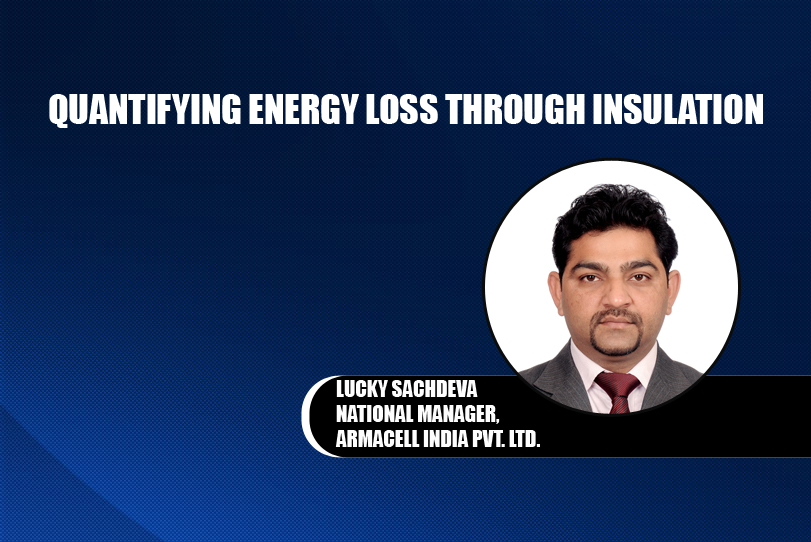It’s a common phenomenon that while designing any industrial utility generators (boilers) for steam and thermal fluid, we keep the future expansion in mind. Through its not over-design per se, it sometimes gives way to lot more energy loss as the additional energy is available at disposal. It has been observed that the energy ‘balance sheet’ in the industries with higher dependence on these utilities shows a big difference in Generation and consumption. The major contributors of these energy losses are the distribution losses i.e., leakages, ineffective steam trapping and condensate recovery, and insulation. Having an external audit of the distribution network is a practice being followed by certain energy conscious users.
An effective audit report quantifies the losses and suggest the ways to arrest the losses. It may suggest any change in the process, product, or technology with defined ROI. Unfortunately, saving potential with thermal insulation has been left unexplored in India till now. The professional audit of energy losses has been restricted to equipment and pipe accessories only. Perhaps because of the time and efforts required for repair and reworking of insulation, is not seen as fitting into benefit vs cost ratio. Though, it has been observed that within first 3-4 years of installation, there can be deterioration in thermal performance of conventional hot insulation materials, to the tune of 30-40 percent. The effect of this shows in the increased fuel bill.
So, it definitely makes sense to go for insulation audit. The Insulation audit would essentially include the inspection of the insulated pipes for any damage in the insulation, followed by taking readings of insulated surface temperatures, ambient parameters, and insulation thickness. These parameters are then fed into the standard equations to calculate the current heat loss and in turn the current thermal conductivity of the insulation. Next step would be the solution part. It would include the options with defined ROI and consistent performance.
Through this, the user gets a hold on the energy situation in the premises. The energy saving that we bring in our premises, not only saves our operational cost but also contributes to the environment. It’s our responsibility to reduce damage to environment by reducing carbon footprints and use of fossil fuels. Energy efficient industry is the demand of present and will increase many folds in future.
Cookie Consent
We use cookies to personalize your experience. By continuing to visit this website you agree to our Terms & Conditions, Privacy Policy and Cookie Policy.















